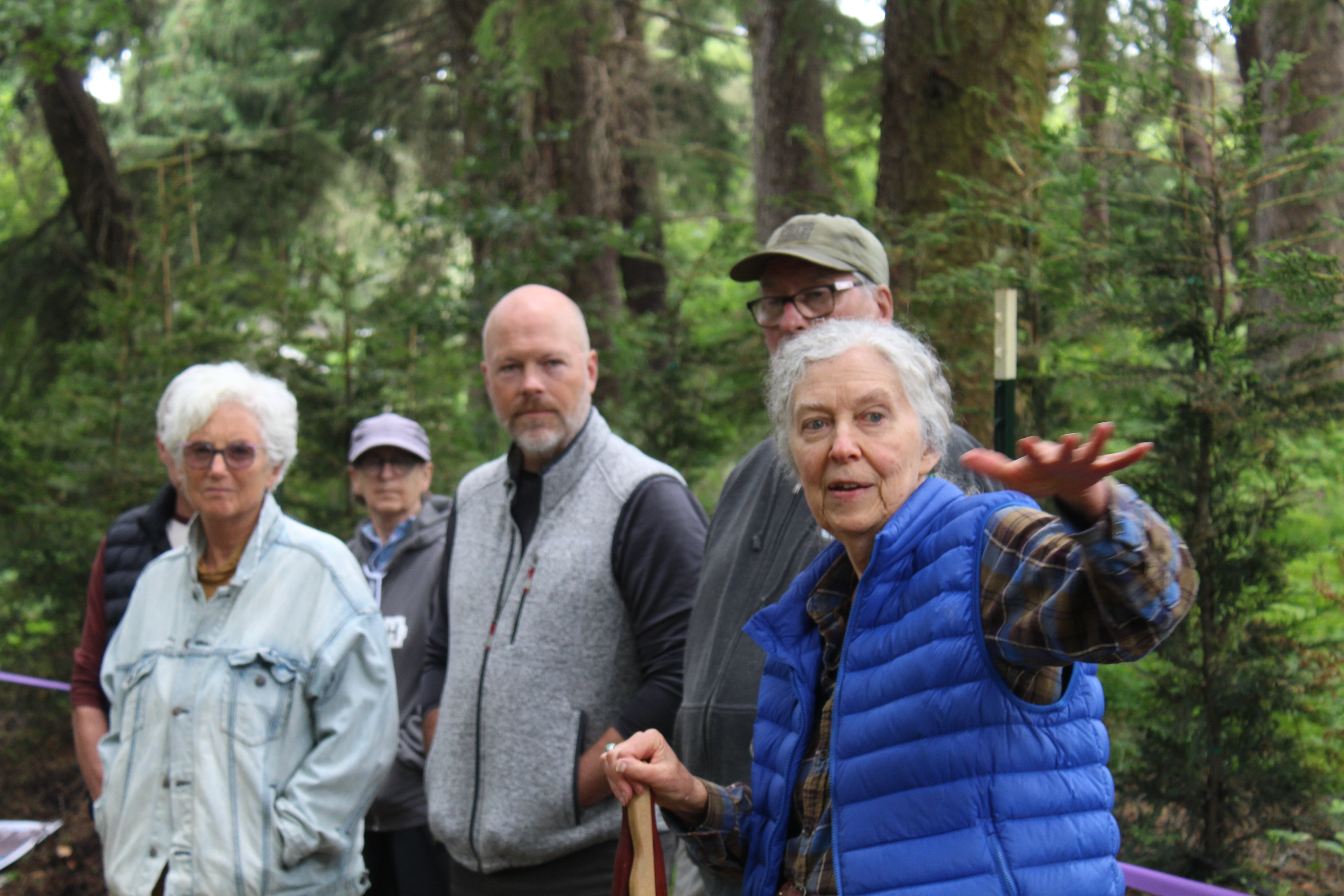No headline.
Published 4:00 pm Sunday, March 15, 2015

- No headline.
SALEM — Oregon chief operating officer Michael Jordan sought the names and contact information of state data center employees who refused a request to delete then Gov. John Kitzhaber’s personal emails held on state servers, then called those employees using their personal numbers rather than their government lines.
Trending
Those calls occurred at a time when news reports suggested some employees at the facility did not trust Jordan to push back against the administration’s request. Those emails were later leaked to Willamette Week by an unidentified source.
Jordan, whom Kitzhaber had named director of the Department of Administrative Services and chief operating officer, submitted his resignation without explanation March 5 to Gov. Kate Brown. It becomes effective April 1.
Public records shed light on Jordan’s actions at the time when he came under scrutiny amid news reports about his agency’s handling of Kitzhaber’s emails.
Trending
Just weeks before the former governor’s resignation, Kitzhaber’s office asked state data center employees to delete personal emails stored on state servers. The employees refused, and the emails were later subpoenaed by the U.S. Attorney’s Office.
Jordan called those state data center employees on their personal phones the week after they refused Kitzhaber’s request. Jordan initially requested the names of the employees who handled the deletion request, then later asked for a list of their home or cell phone numbers, according to emails and other documents released by the Department of Administrative Services.
Jordan said in a recent interview he requested the employees’ information because he wanted to inform them that if they were contacted as part of a state criminal investigation, state funds were available to help them pay for lawyers.
Jordan also said that he did not talk to the employees about their handling of a request from Kitzhaber’s office to delete the emails, with one exception. Jordan said he spoke a couple times with Michael Rodgers, the acting director of the data center, , and asked Rodgers to pass along a message to the other employees that “they all exercised good judgment, did the right thing.”
Rodgers declined to comment on his conversations with Jordan and Jordan’s request for the list of employees.
The Willamette Week newspaper reported Feb. 12 on the Kitzhaber administration’s request that state data center employees delete archived emails from the governor’s private account, and the newspaper followed on Feb. 18 with the first in a series of stories based on those emails.
Both stories appeared to be based on leaked emails, and Jordan asked the Oregon State Police to investigate the leak on Feb. 18.
Jordan then placed two top managers at the data center — Rodgers and Technical Engineering Manager Marshall Wells — on administrative leave pending a human resources investigation. That left observers to speculate the two men were involved in the leak, until Jordan explained to The Oregonian that the internal investigation was related to a disagreement over how to handle computers and cell phones used by the Kitzhaber administration.
Kristen Grainger, a spokeswoman for Brown, declined to say whether the governor’s office reviewed Jordan’s actions before he resigned. However, Grainger suggested that the OSP investigation and internal human resources review already underway might also examine Jordan’s activities.
“We have been advised that public comment prior to completion of the internal HR review and related criminal investigation currently underway might compromise those processes, but I will say that empirically, those types of inquiries are intended to provide that kind of information,” Grainger wrote in an email.
The chain of events that led to Jordan’s phone calls began Feb. 5, when the state data center help desk received a request from Kitzhaber’s assistant Jan Murdock to delete emails from the governor’s private email account that had been saved in the data center archive. Managers at the center emailed about the situation throughout the evening, and ultimately decided not to delete the emails.
A spokeswoman for Kitzhaber said in February that the intention was never to delete all the emails, but rather to sort through them to determine if any dealt with state business and therefore must be retained under state law.
Jordan said that “rightfully, (the deletion request) got kind of passed up the chain.” Jordan said he discussed the situation with Rodgers the next morning, on Feb. 6. At that time, Jordan asked Rodgers to communicate his support for the employees’ decision not to delete the emails.
Rodgers met with Jordan at the DAS director’s office at 9:30 a.m. on Monday, Feb. 9, according to Jordan’s schedule.
Matt Shelby, a spokesman for the Department of Administrative Services, described the meeting as a debriefing on employees’ responses to the Kitzhaber administration’s request. “Mike Rodgers came and basically told (Jordan) what had happened, and Jordan requested Mike Rodgers to get him a list of people that were in that chain,” Shelby said.
Jordan said that when state Attorney General Ellen Rosenblum confirmed on Feb. 9 that she was investigating Hayes and Kitzhaber, he realized the situation had evolved from “a public records request issue to potentially evidence in a criminal investigation” and he wanted to contact the employees to inform them of a state legal fund available. The Oregonian and Willamette Week newspapers had requested emails from Kitzhaber’s private account that dealt with state business.
“At that point it kind of clicked in my mind that any employee who had knowledge of this phone call could get asked as a witness in this investigation,” Jordan said. “I wanted to make sure that all of those employees knew that under state policy, they could be eligible to request having the state cover them under criminal tort equivalent coverage … I wanted to make sure all the employees who had knowledge of this and potentially could be called as a witness would know that they had this coverage. That was the reason I asked for the list of folks.”
It’s unclear how Jordan was aware of the state DOJ criminal investigation when he met with Rodgers. Kitzhaber sent a letter to Rosenblum that morning asking her to investigate allegations including that first lady Cylvia Hayes used her public position to benefit her consulting business. However, Rosenblum’s office did not respond publicly until 11:35 a.m. when her office released a letter to Kitzhaber that stated DOJ was already investigating Kitzhaber and Hayes.
Jordan had already received a list of “email support” employees at the data center from Rodgers at 11 a.m.
Jordan waited until Friday to call the employees to inform them about the legal funds available to them.
It was a tumultuous week, as Kitzhaber reportedly decided to resign, changed his mind, then ultimately announced publicly on Feb. 13 that he would resign. The Department of Administrative Services also received a broad subpoena Feb. 13 from the U.S. Justice Department for records related to Hayes and Kitzhaber, and it specifically ordered the agency to provide the email correspondence of two data center employees involved in the response to the Kitzhaber email deletion request.
Shelby said the agency’s deputy director and risk manager met with the two employees named in the subpoena, but the subpoena also finally prompted Jordan to call all eight data center employees in the chain of emails regarding the deletion request. “He immediately thought there was a great potential for any of those people to be called as witnesses,” Shelby said.
This story first appeared in the Oregon Capital Insider newsletter. To subscribe, go to oregoncapitalinsider.com









